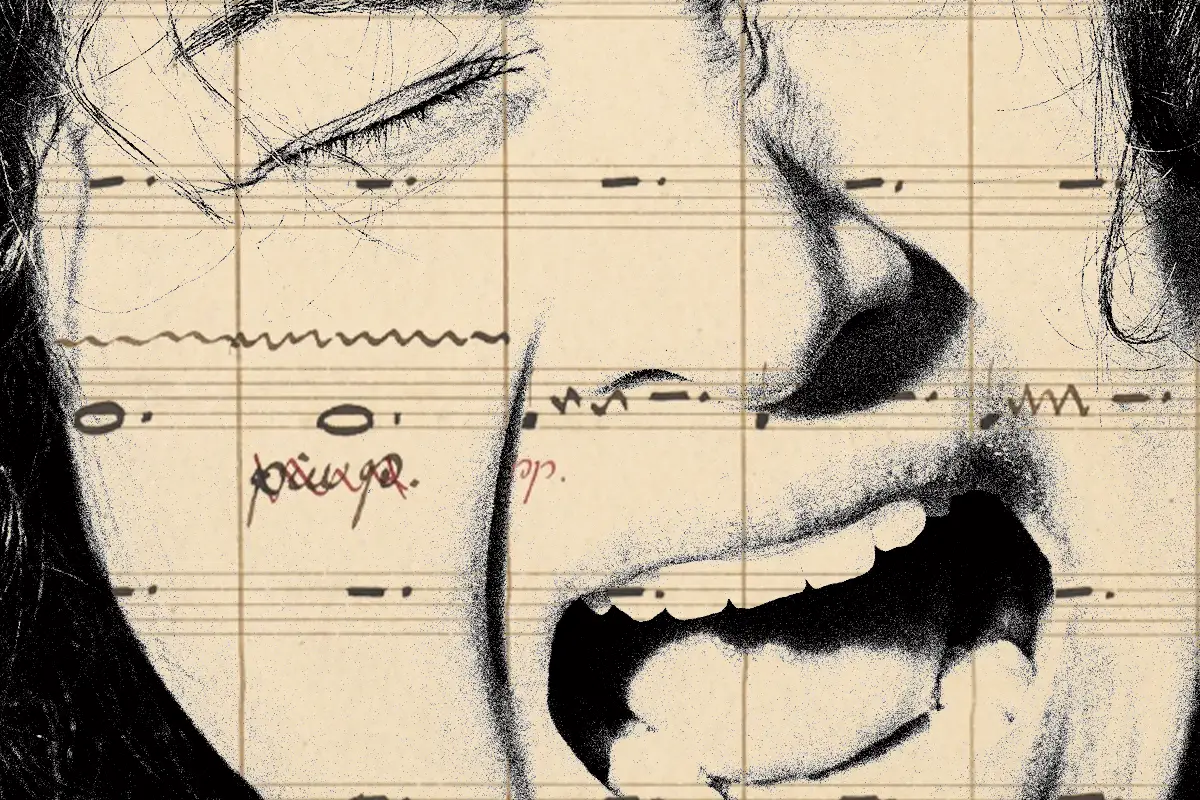Music is a key part of the psychedelic experience, and research over the last few decades has shown that it can deeply influence the effectiveness of a trip. While music is often used to enhance positive effects such as feelings of connection and insight, it can also contribute to bad or difficult trips. “Music is like a chainsaw,” said Andrea Drury, a musician who performs as ANILAH, in an Ecstatic Integration story exploring whether patients should be allowed to select the playlists they want to listen to for psychedelic therapy sessions. “With the proper skill and intention, it can be one of the most transformative tools,” Regan continued. “In the wrong hands, it’s insanely dangerous.”
According to Ecstatic Integration, music has become a point of contention in Oregon’s legal psilocybin program. One of the first official complaints to the Oregon Health Authority, which oversees the state’s legal psilocybin offerings, had to do with the music played during a group session at one of the service centers. “I experienced a great deal of discomfort related to the music that was played,” wrote the patient, who noted that the songs consisted of concert recordings of jam bands, as well as other rock and instrumental tracks. The patient felt anxiety over asking to change the music, and their fears were confirmed when the facilitator seemed personally offended by the request, and did not change the soundtrack. “I spent another hour or so feeling overstimulated, overwhelmed, and out of control,” the complaint read.
READ: Jon Hopkins’ New Album “Ritual” Is About Primal Embodiment
Music can also be wielded intentionally to provoke and disturb patients. In the ’60s, pioneering and controversial Mexican psychiatrist Salvador Roquet would administer psilocybin mushrooms, peyote, morning glory seeds, and datura to patients, then create a “sensory overload show” using lights, sounds, and images from violent or erotic movies to push them towards psycho-spiritual breakthroughs. Roquet would play soft religious music interposed with jarring sounds of an airplane diving and crashing, machine guns, and car horns, as strobe lights flashed on the patients. One of the participants, an American psychology professor, described these sessions in the New Yorker as a “descent into hell.”
While the role of music in psychedelic therapy is clearly important, a variety of factors could influence the end results. In a paper titled “Inside bad trips: Exploring extra-pharmacological factors” published in the Journal of Psychedelic Studies, a survey found that the frequency of bad trips was more likely when music was at a moderately high or low volume, whereas music at very high or low volumes seemed more “protective. While many people might assume that bad trips are more likely if people did not like the style of music, the survey found the contrary: 26.3% people who reported bad trips actually liked the style of music, while 7.8% did not like it. This research suggests that music’s role in psychedelic therapy is not straightforward; rather, it is a complex variable that needs to be studied more in relation to its likelihood of facilitating positive or negative trips.
DoubleBlind is a trusted resource for news, evidence-based education, and reporting on psychedelics. We work with leading medical professionals, scientific researchers, journalists, mycologists, indigenous stewards, and cultural pioneers. Read about our editorial policy and fact-checking process here.
DoubleBlind Magazine does not encourage or condone any illegal activities, including but not limited to the use of illegal substances. We do not provide mental health, clinical, or medical services. We are not a substitute for medical, psychological, or psychiatric diagnosis, treatment, or advice. If you are in a crisis or if you or any other person may be in danger or experiencing a mental health emergency, immediately call 911 or your local emergency resources. If you are considering suicide, please call 988 to connect with the National Suicide Prevention Lifeline.
DoubleBlind Mag Read More



